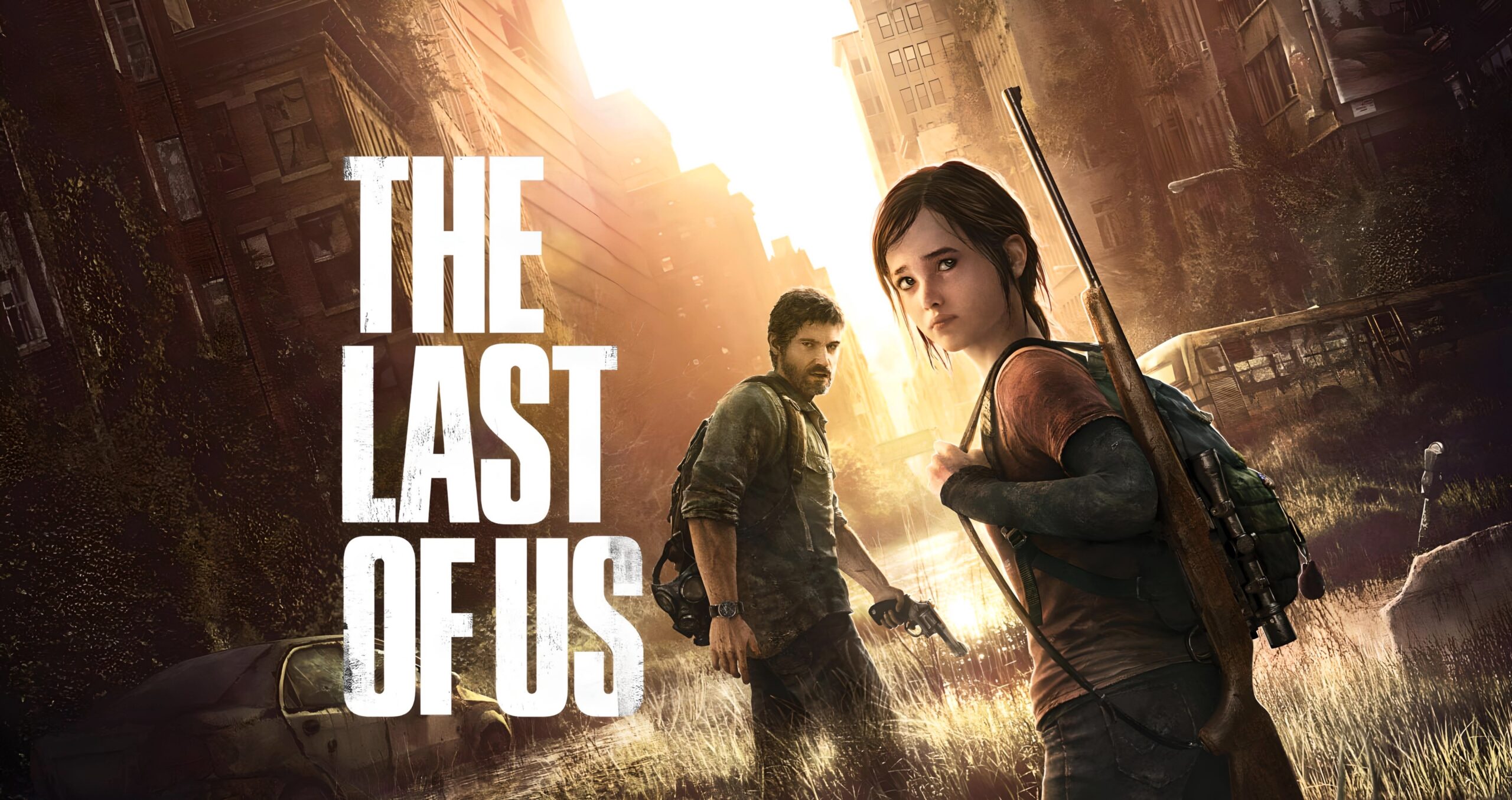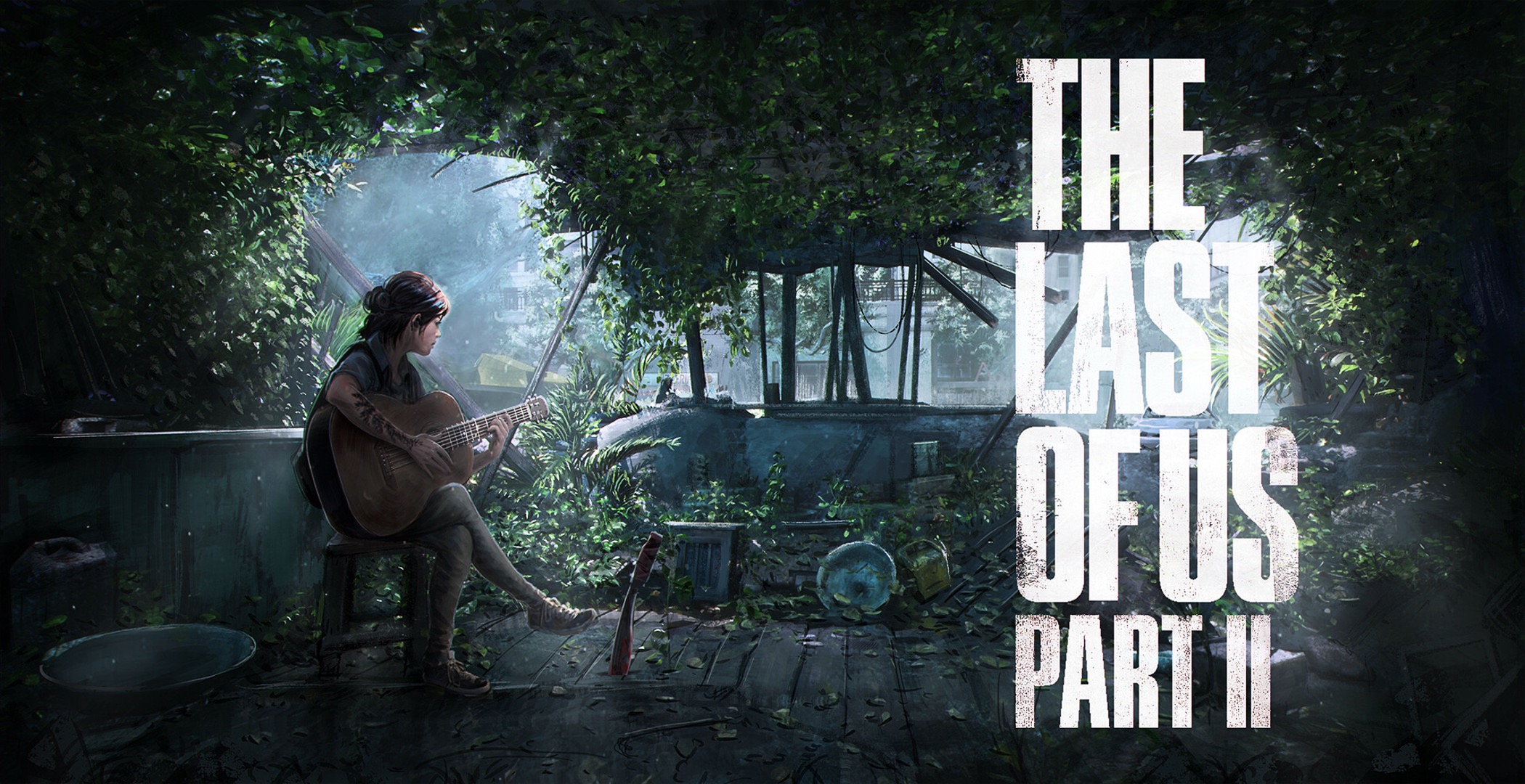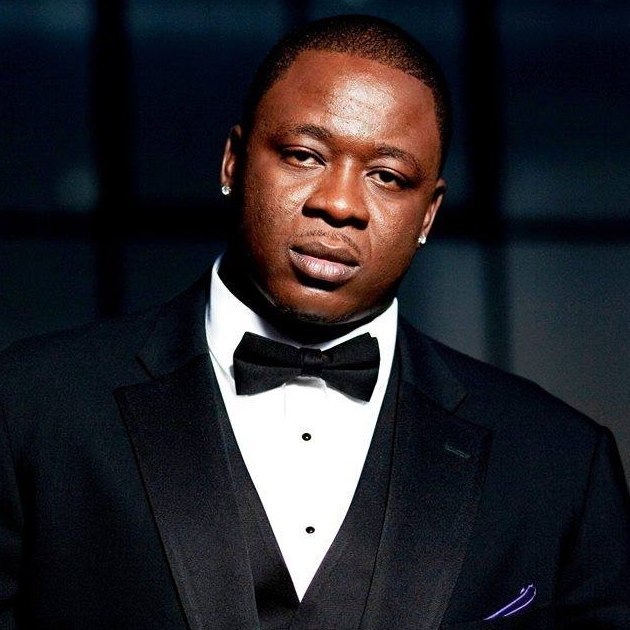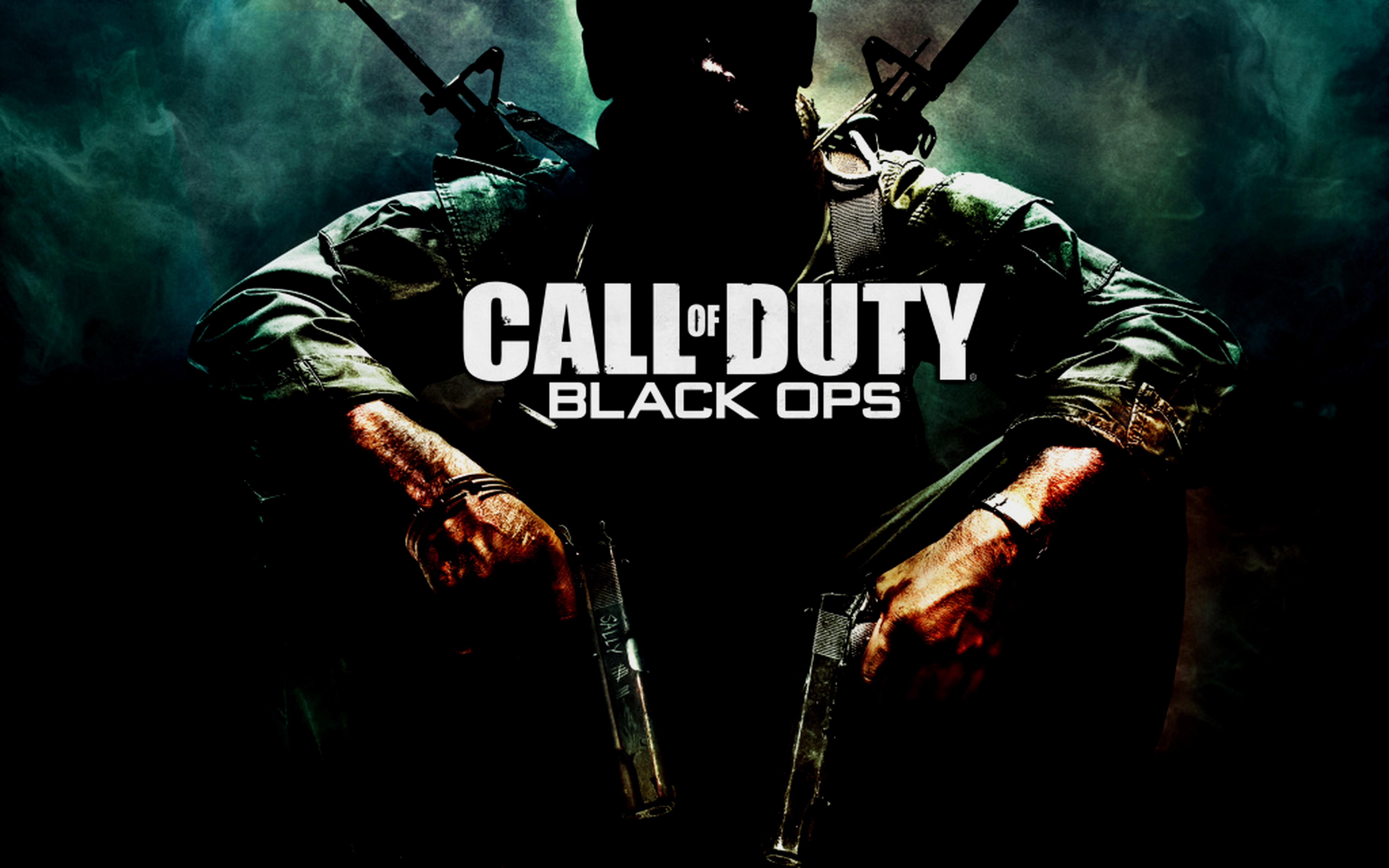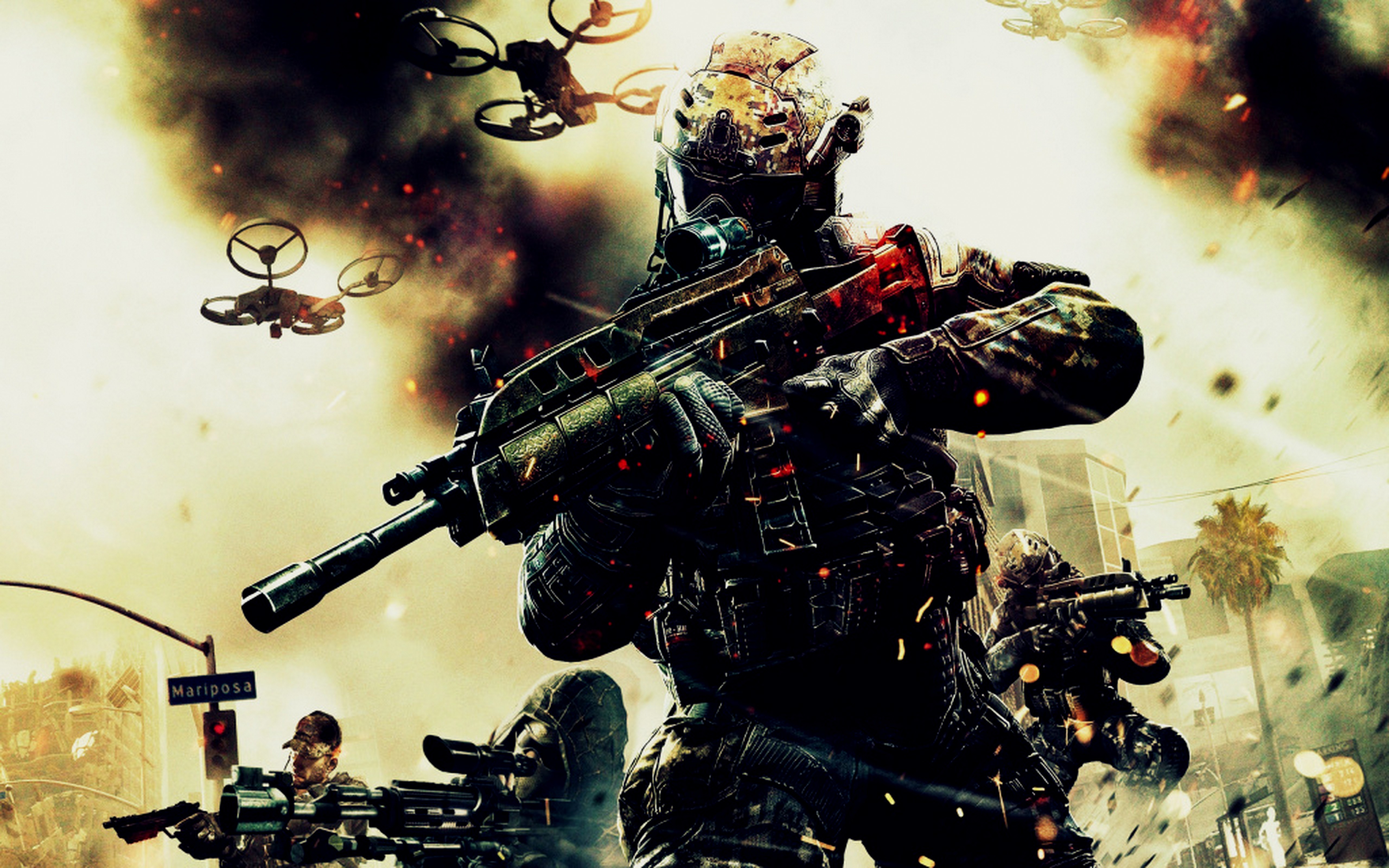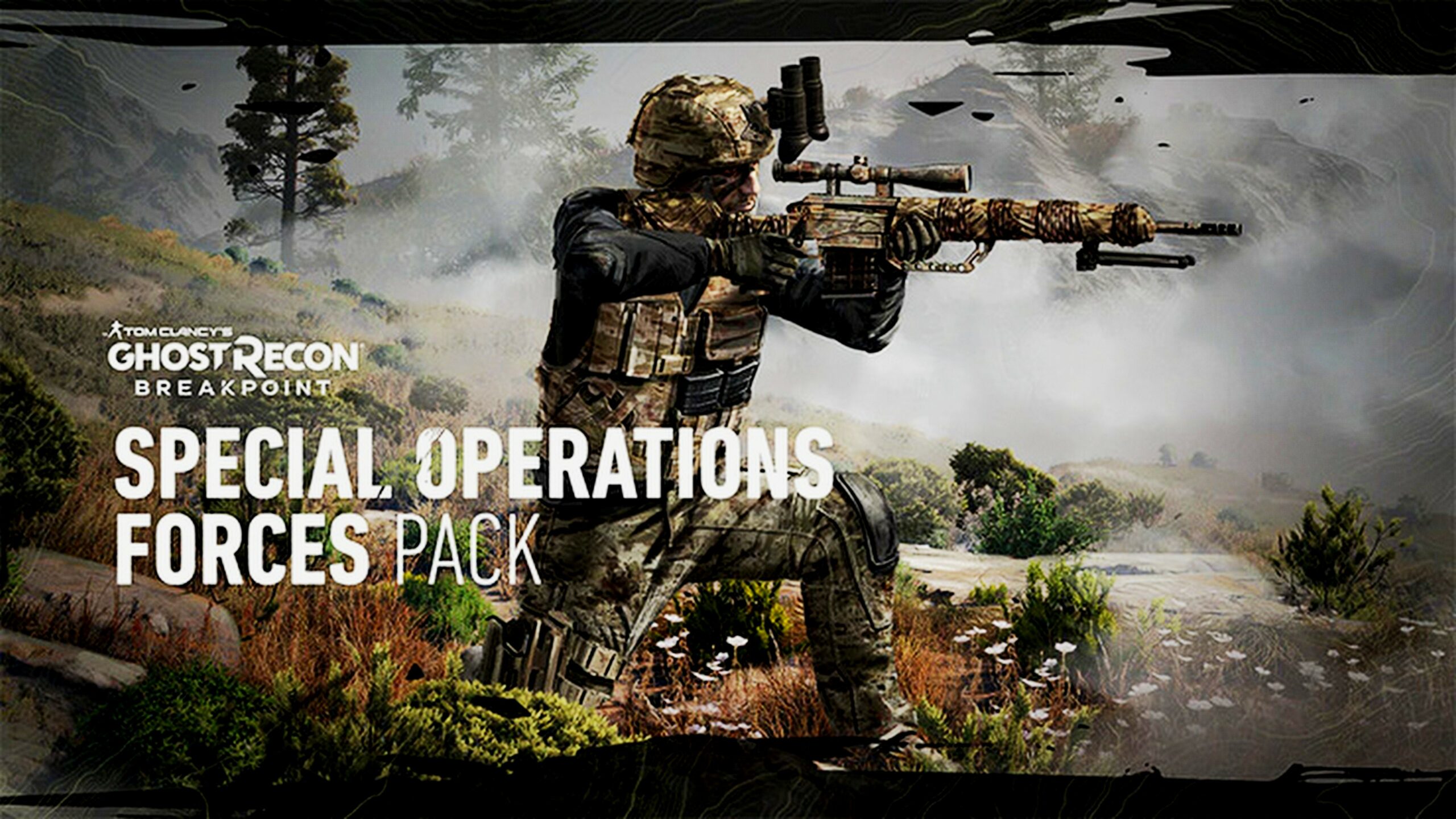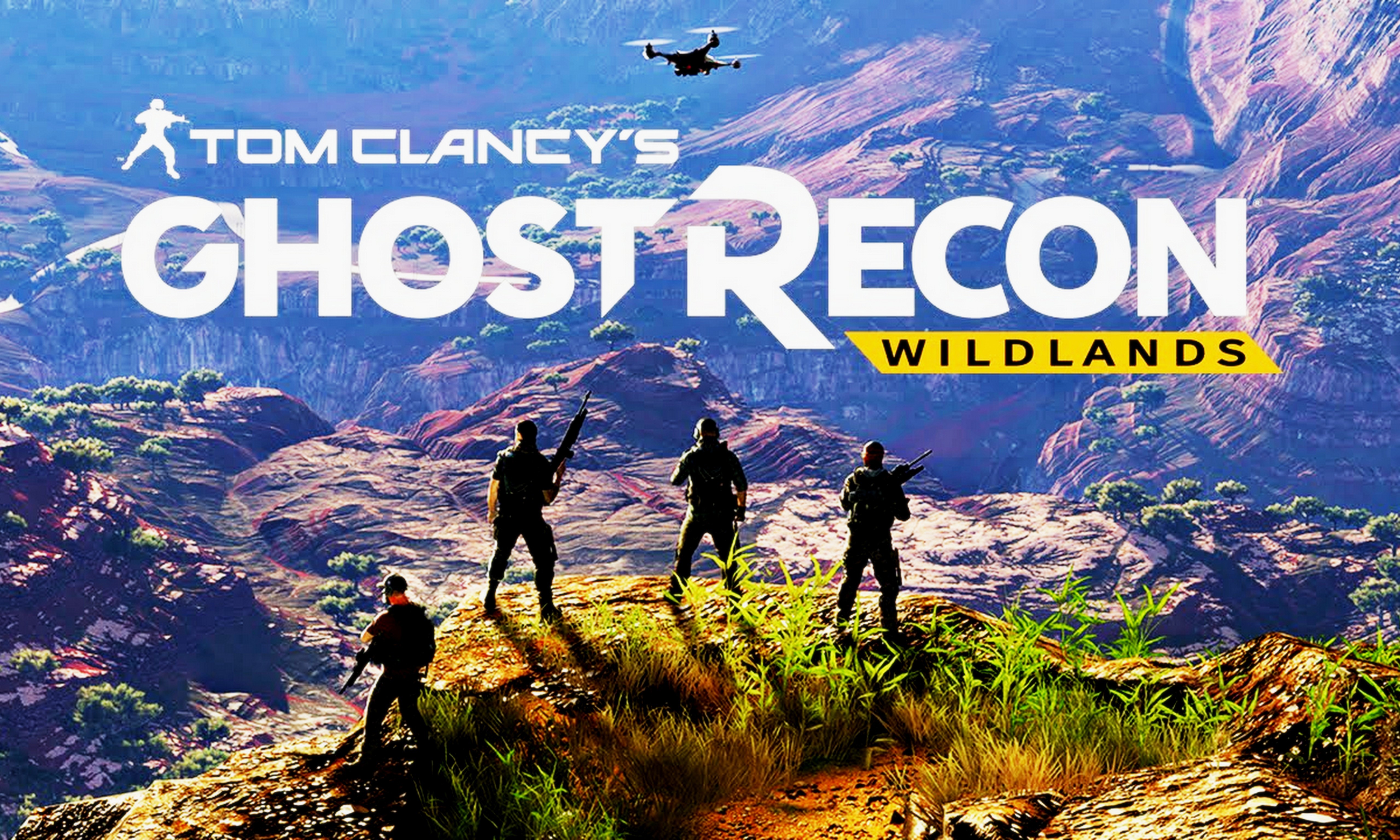PlayStation, my longtime companion since the mid-90s, has witnessed countless gaming triumphs. Amongst the titans of the era (Grand Theft Auto 5, the Uncharted franchise, and the ever-popular Call of Duty), Naughty Dog unleashed “The Last of Us.” This title resonated during my years in Toronto and swiftly ascended to my personal pantheon of favorites. Then came “The Last of Us Part II,” a sequel that, frankly, stunned us all. While I relish sports games, sprawling open-world adventures, and adrenaline-fueled action shooters, “The Last of Us” surprised me with its narrative —a heartbreaking tale stitched around Joel’s devastating losses and his eventual affiliation with Ellie. Their odyssey, breathtaking in its intensity, left a mark (on us gamers).
We celebrated the game as a masterpiece, and the years that followed have only deepened its impact. Naughty Dog stunned us with the action-adventure sequel probing the aftermath of its predecessor. This 2020 release—seven years after the original—coincided with personal upheaval. My life had undergone a dramatic transformation, marked by moves from Toronto to Brussels and Berlin. The backdrop of the COVID pandemic further amplified these changes, even propelling YouTubers into the mainstream. “The Last of Us Part II’s” reception was initially divisive, with considerable backlash over Joel’s fate and the controversial introduction of Abby. Yet, beneath the controversy, the game’s narrative unfolded as another masterful, unforgettable saga.
“The Last of Us,” both iterations, boasts exceptional visuals and a memorable score; the soundtrack is simply otherworldly. However, I’ve been unfortunately delayed in finishing the sequel, consumed by the cycle of writing, editing, and releasing a succession of books, ebooks, music, and blogs. My publishing house, Badson Publishing, has been re-established under its original moniker (from Freddy Will Publishing). I’ve concurrently undertaken a monumental publishing endeavor: a seven-volume ebook series, “The Sandmann’s Journal,” a six-volume ebook and paperback series, “Brazenitout,” and a third, soon-to-be-released project tentatively titled “Quandaries of a Conqueror.” I actually learned that my life purpose was to be a writer and publisher.
Moreover, fatherhood has enriched my life over the years, resulting in a schedule that’s both rewarding and overwhelmingly demanding. My enthusiasm soared upon learning about HBO’s adaptation of “The Last of Us.” The first season was a masterpiece. The casting was impeccable, and the visuals recreated the game’s iconic scenes while bolstering the narrative with supplemental backstories that elegantly resolved some of the game’s enigmatic elements. Season two, covering the expansive sequel, concluded its first half last week with episode seven. The decision to split the second adaptation across two seasons is understandable. As I’ve previously mentioned, despite gamer dissent, the sequel proved to be a more ambitious and superior game.
“The Last of Us” saga unfolds as a duality. Ellie’s quest for resolution runs concurrently with Abby’s, offering a contrasting viewpoint on the cataclysmic events. The first game, a sentiment to love and resilience, depicts Joel and Ellie’s odyssey as they build a fragile existence amidst the post-apocalyptic ruins. The sequel, however, plunges into hatred, retribution, and the path to redemption. While the future of the video game franchise remains uncertain, the HBO series promises to explore Abby’s character and storyline. The television adaptation cleverly mitigates the initial fan criticism leveled at Abby’s video game portrayal by presenting a more nuanced and sympathetic interpretation. This calculated move pays dividends in the narrative’s emotional impact.
